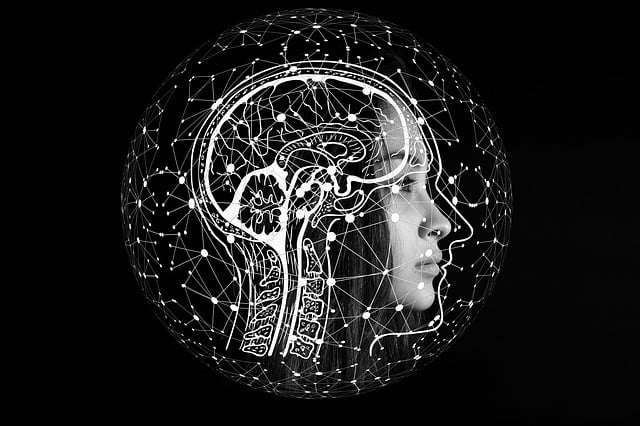Website launhed!

In the rapidly evolving world, the future of AI holds immense potential to transform every aspect of our lives. As we strive to harness the power of artificial intelligence, it opens doors to unprecedented opportunities in healthcare, transportation, communication, and beyond.
The integration of AI promises to revolutionize industries, enhance efficiency, and elevate the quality of human existence. Embracing this technological advancement means embracing a future where AI augments human capabilities and facilitates innovation, leading to a more connected and intelligent world. Join the journey towards a future where AI and human life harmoniously coexist.
As Artificial Intelligence (AI) advances, it promises to revolutionize our lives. From healthcare to transportation, AI is set to transform industries, making processes more efficient and accurate.
With AI's potential to enhance decision-making and automation, it's poised to create a future where technology seamlessly integrates with human life, enriching experiences and creating new opportunities.
Embracing the future of AI means embracing a world where innovation knows no bounds, propelling us into an era of possibilities previously unimaginable.
Artificial Intelligence (AI) has ushered in a new era of automation, transforming industries by streamlining processes, enhancing efficiency, and driving innovation. Through advanced algorithms and machine learning techniques, AI empowers businesses to automate a wide range of tasks, revolutionizing operations across diverse sectors.
In the manufacturing sector, AI plays a pivotal role in automation through the deployment of robotics and collaborative robots (cobots). These intelligent machines automate repetitive tasks on assembly lines, improving production efficiency and quality control.
AI-powered predictive maintenance systems proactively identify potential equipment failures, reducing downtime and optimizing operational continuity. Additionally, AI algorithms analyze real-time data to optimize supply chain management, resulting in enhanced inventory control and streamlined logistics.
AI-driven automation has significantly impacted the finance industry. It revolutionizes fraud detection by swiftly identifying unusual patterns and anomalies in transactions, bolstering security measures. Moreover, AI algorithms automate risk assessment processes, providing real-time insights into market trends and investment risks.
In trading, AI-powered algorithms execute high-frequency trades with precision, leveraging data analysis to optimize investment strategies. Furthermore, chatbots equipped with AI capabilities automate customer service interactions, providing personalized assistance while ensuring seamless user experiences.
AI brings automation to healthcare through the analysis of medical images, expediting diagnosis and treatment planning. Machine learning models automate the interpretation of radiological scans, aiding physicians in detecting anomalies and making informed decisions.
AI algorithms also automate patient data management, streamlining administrative tasks and enabling healthcare providers to focus more on patient care. Moreover, AI-driven drug discovery processes accelerate the identification of potential pharmaceutical compounds, fueling advancements in medical research and innovation.
In the retail sector, AI automation enhances inventory management by predicting demand patterns, optimizing stock levels, and reducing supply chain inefficiencies. Personalized marketing initiatives driven by AI algorithms automate the delivery of tailored recommendations and promotional offers, leading to improved customer engagement and increased sales.
Additionally, AI-powered chatbots streamline customer service operations by addressing inquiries, processing orders, and providing product information, cultivating a seamless shopping experience.
AI-driven automation is revolutionizing transportation through the deployment of autonomous vehicles and intelligent traffic management systems. Autonomous driving technology powered by AI automates vehicle operations, optimizing route planning and enhancing road safety.
Furthermore, predictive maintenance systems driven by AI algorithms automate the monitoring of critical vehicular components, ensuring efficient maintenance and minimizing unexpected breakdowns.
In urban areas, AI-based traffic management solutions streamline traffic flow, reducing congestion and enhancing overall transportation efficiency.
In conclusion, AI's ability to automate tasks across various industries holds immense potential for driving operational efficiency, cost savings, and improved productivity. As AI continues to advance, businesses and organizations are poised to embrace an era of unparalleled automation, redefining the future of work and innovation.
© 2024 InforMantra. Contact Us | About Us | Privacy | Disclaimer